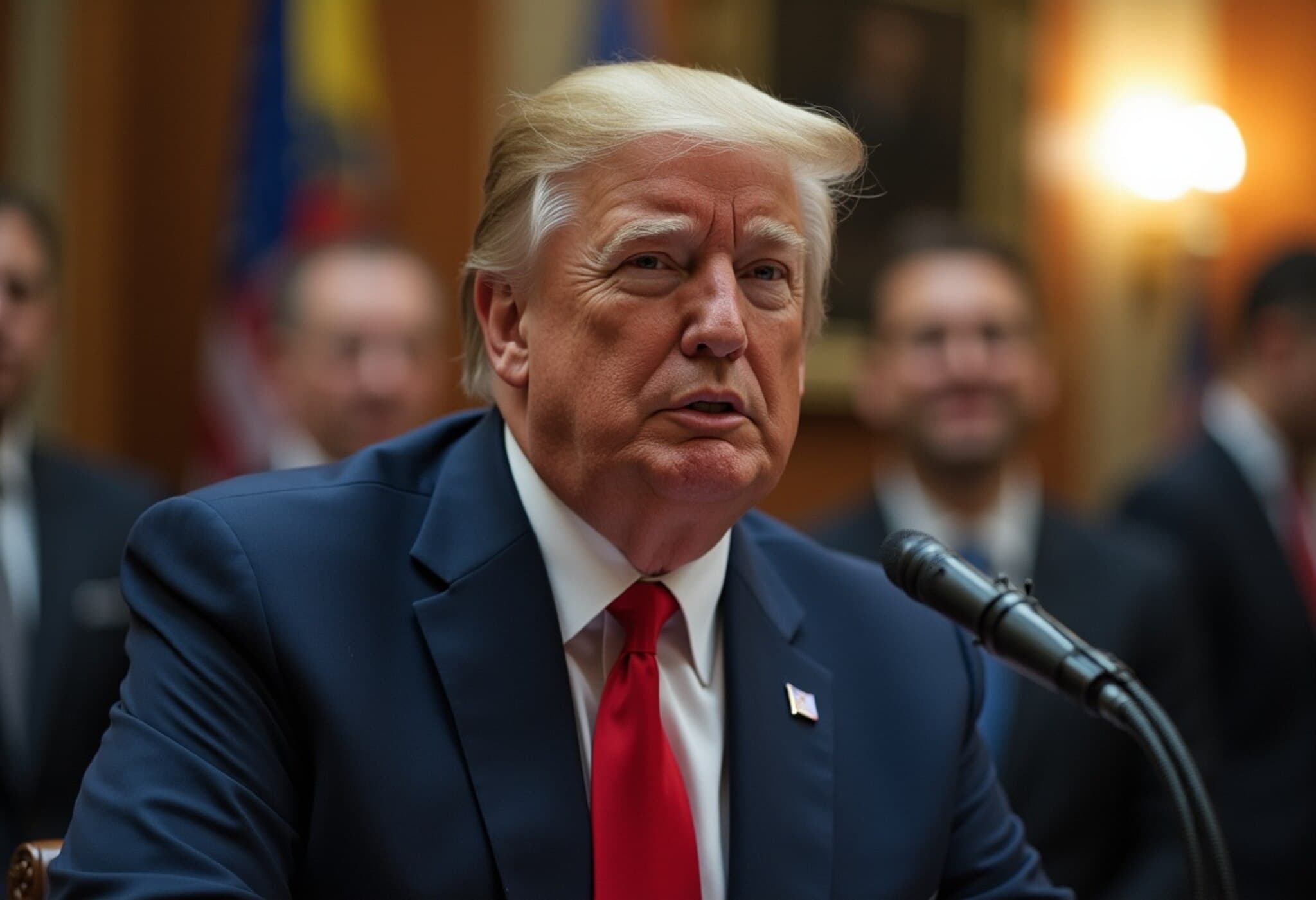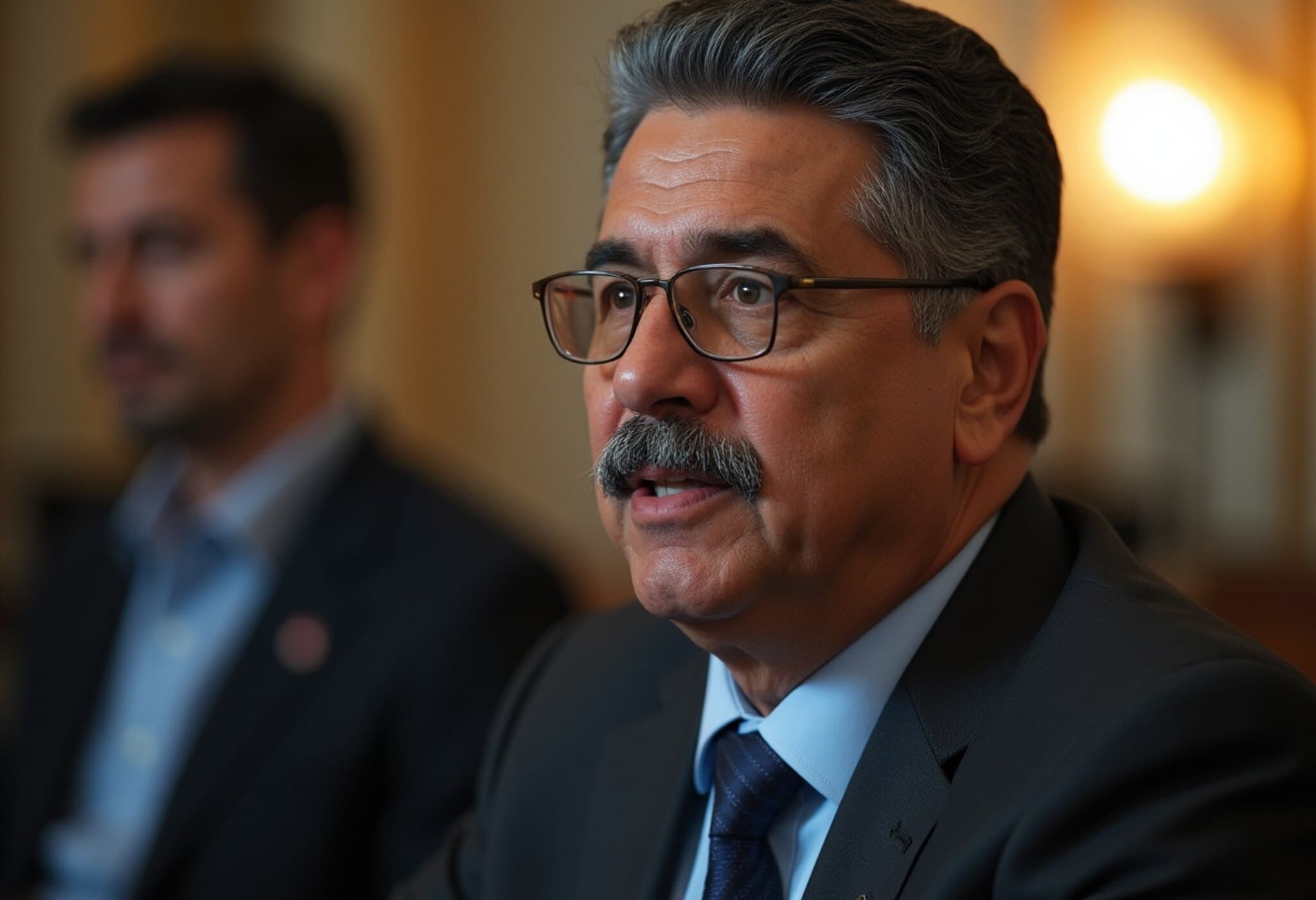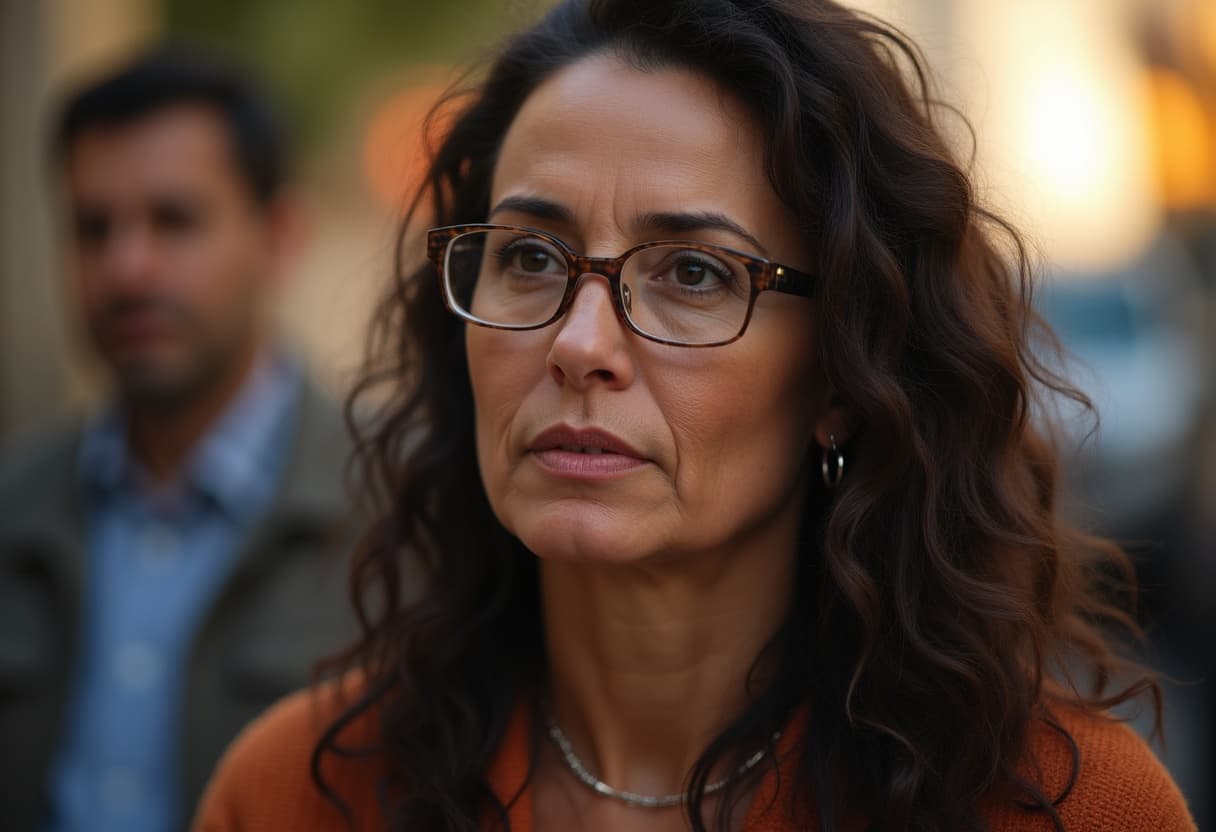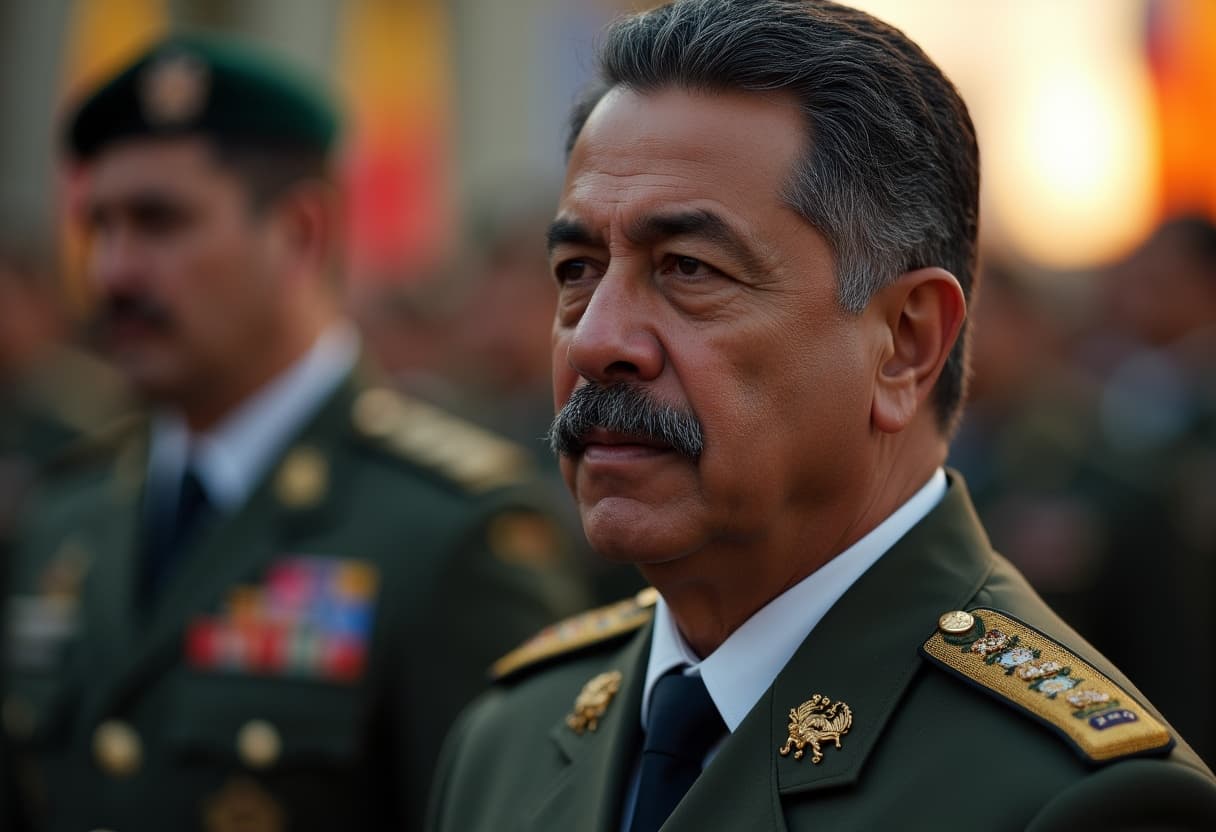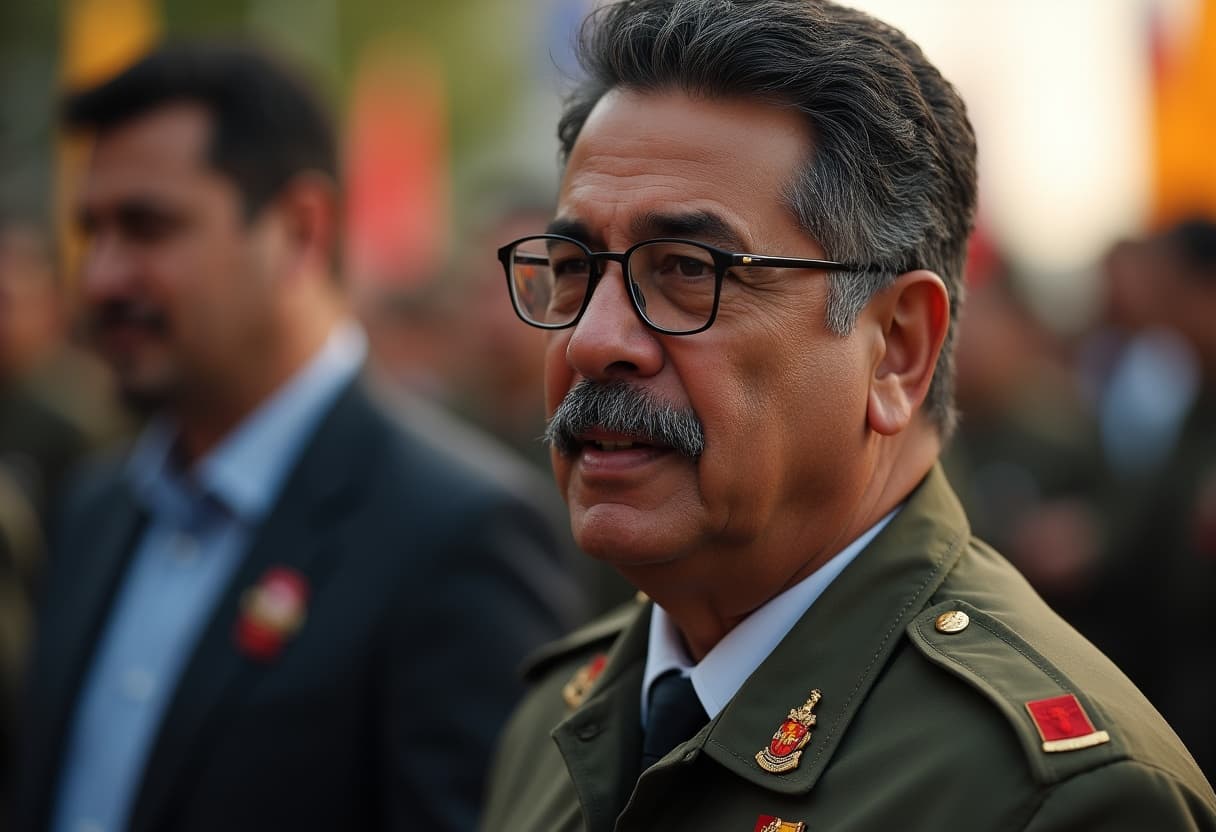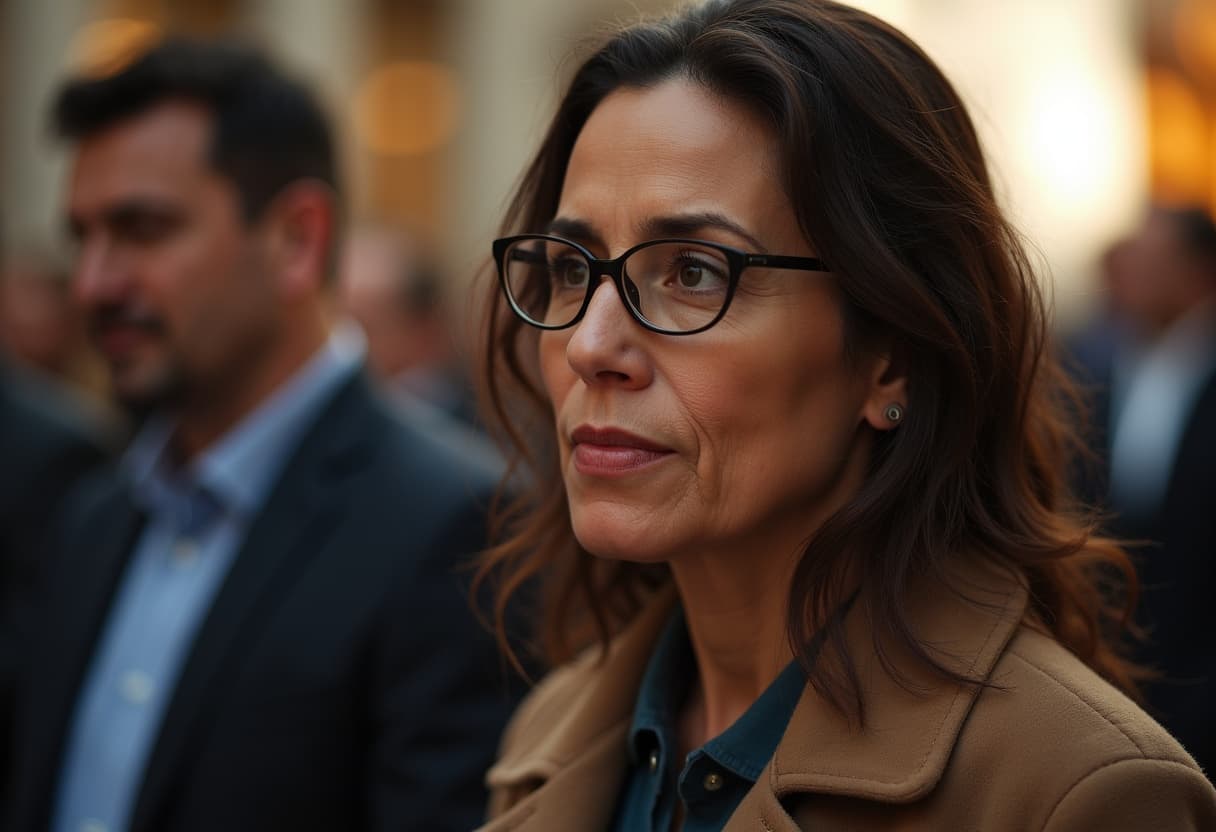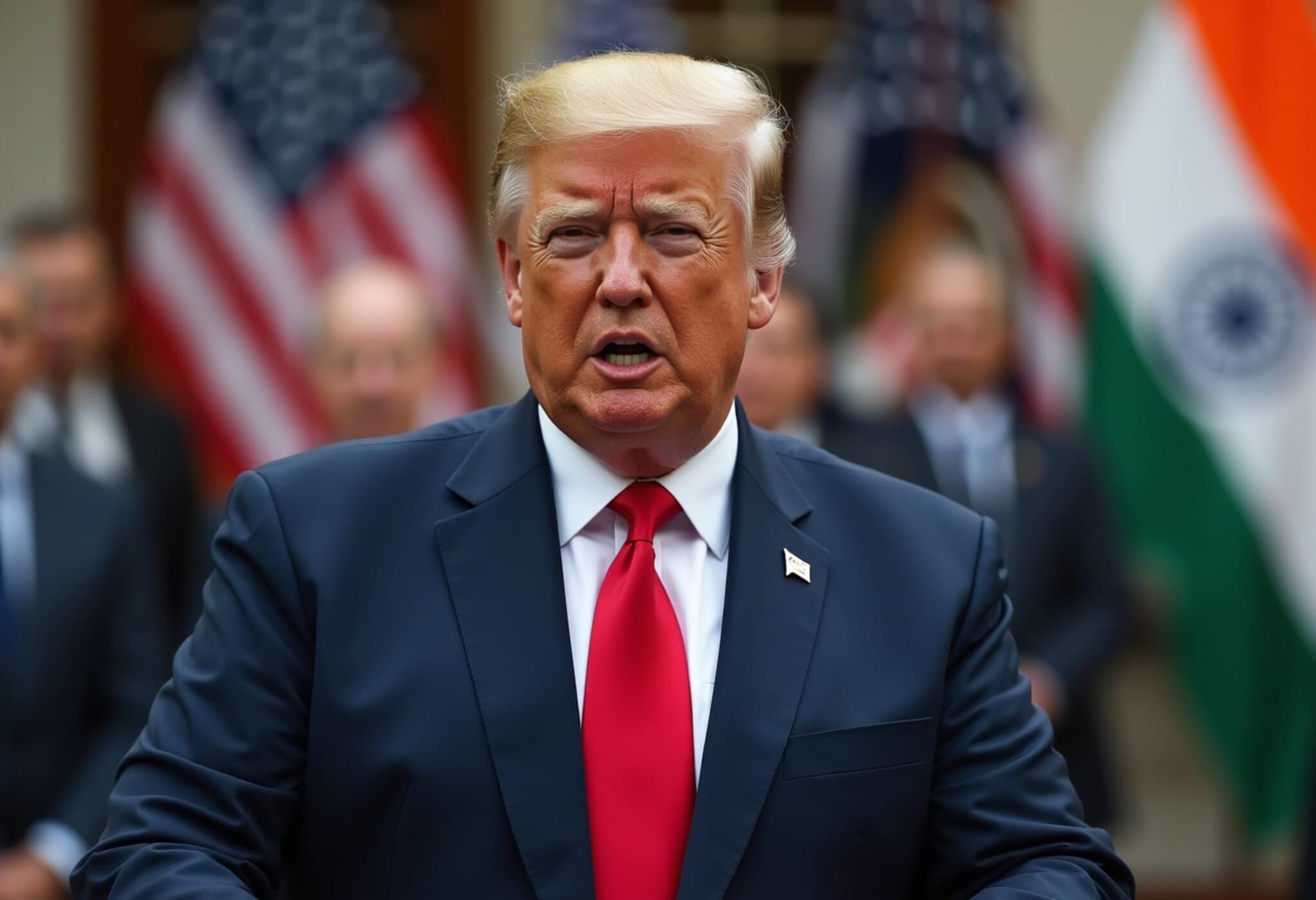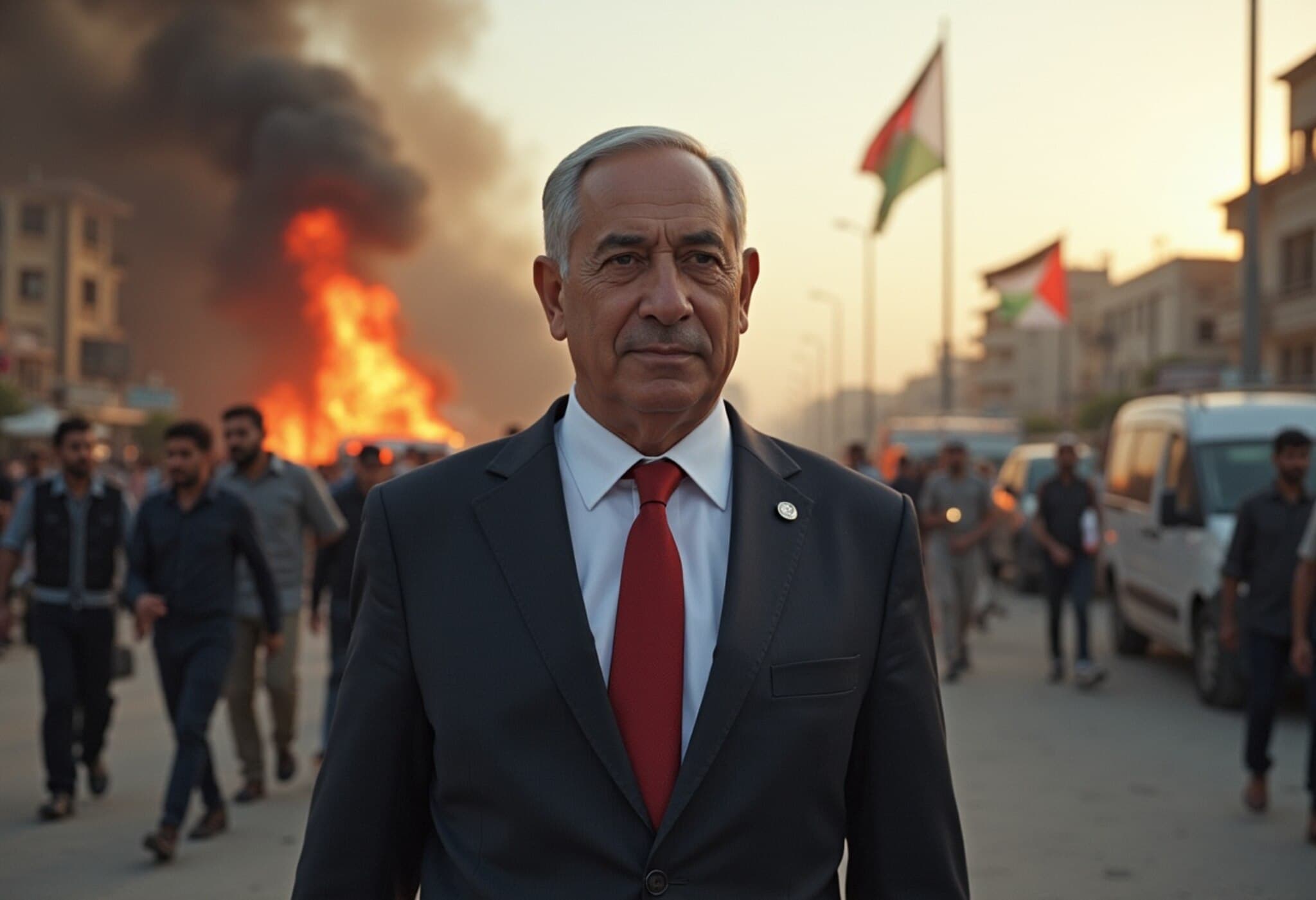Trump Administration Amplifies Pressure on Nicolás Maduro with $50 Million Reward
In an unprecedented move, former U.S. President Donald Trump has announced a $50 million reward for information leading to the arrest of Venezuela’s President Nicolás Maduro, who stands accused of orchestrating one of the world's largest drug trafficking operations targeting the United States. This bounty notably exceeds the reward offered for Osama bin Laden during his manhunt, signaling a renewed and intensified U.S. crackdown on narco-terrorism linked to the Maduro regime.
Escalating Legal Action Against Maduro’s Alleged Drug Empire
The Trump administration’s announcement, made public by Attorney General Pam Bondi, highlights allegations that Maduro collaborates with criminal cartels to smuggle fentanyl-contaminated cocaine into American communities, exacerbating the ongoing opioid crisis. "Under President Trump’s leadership, Maduro will not escape justice and he will be held accountable for his despicable crimes," Bondi declared in a video statement.
Federal indictments against Maduro date back to 2020, filed during Trump’s first term, accusing him and several close associates of narco-terrorism and conspiracy to import cocaine. The initial reward for his arrest was set at $15 million; the Biden administration later increased it to $25 million. Now, Trump has doubled that figure to an eye-catching $50 million.
Context and Complexities in U.S.-Venezuela Relations
Despite the substantial bounty, Maduro’s grip on power remains firm, bolstered by strong support within Venezuela and defiance of U.S., EU, and many Latin American governments who criticized his controversial 2024 re-election. Several of these governments recognized his opponent as the legitimate leader, deepening the political schism.
Recent developments in U.S.-Venezuelan relations add layers of complexity. The Trump administration recently brokered a prisoner exchange, securing the freedom of ten Americans detained in Caracas in return for the repatriation of Central American migrants deported from the U.S. This diplomatic engagement coincided with the White House allowing Chevron, a major American oil company, to resume operations in Venezuela despite long-standing sanctions.
Asset Seizures and Legal Enforcement Efforts
Attorney General Bondi revealed that the Justice Department has successfully seized over $700 million in assets linked to Maduro’s network—including luxury private jets. Furthermore, authorities have traced an estimated 7 million tons of cocaine back to the Venezuelan president’s narco-trafficking syndicate, underscoring the profound scale of the criminal enterprise.
Official Responses and Broader Implications
The Venezuelan government swiftly dismissed the reward offer. Foreign Minister Yvan Gil condemned the announcement as "pathetic," accusing Bondi of exploiting the situation for "crude political propaganda." Gil referenced past controversies surrounding Bondi, framing the move as a distraction from internal U.S. political issues.
Expert Perspective: What This Means for U.S. Policy and Regional Stability
From an American policy standpoint, the magnified reward symbolizes a more aggressive stance against foreign narco-trafficking leaders whose actions jeopardize U.S. public health and security. However, experts caution that such hardline approaches must be coupled with comprehensive strategies addressing drug demand, regional instability, and governance challenges in Venezuela.
Moreover, the interplay between diplomatic negotiations, such as prisoner swaps and oil concessions, and punitive measures like indictments and sanctions illustrates the delicate balancing act the U.S. faces in pursuing justice without destabilizing an already volatile region.
Summary Box: Key Takeaways
- $50 million reward announced for Nicolás Maduro’s arrest, doubling prior offers and surpassing those for Osama bin Laden.
- Maduro is federally indicted on narco-terrorism charges connected to massive fentanyl-laced cocaine smuggling into the U.S.
- The reward intensifies pressure amidst Maduro's contested 2024 re-election and ongoing political tensions.
- Recent diplomatic moves, including prisoner exchanges and easing of sanctions on Chevron, complicate enforcement dynamics.
- Experts emphasize the need for multifaceted solutions balancing justice and regional stability.
Editor's Note
While the $50 million reward against Nicolás Maduro marks a historic escalation, it also prompts deeper questions about the efficacy and consequences of such measures. Can financial incentives and legal indictments alone dismantle entrenched narco-trafficking networks? How do these efforts intersect with broader geopolitical interests and humanitarian concerns in Latin America? Readers are encouraged to consider the implications beyond headlines: the human toll of drug trafficking, the political complexities in Venezuela, and the enduring challenge of crafting U.S. policy that promotes security, justice, and regional cooperation.

